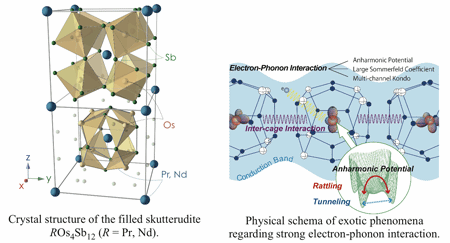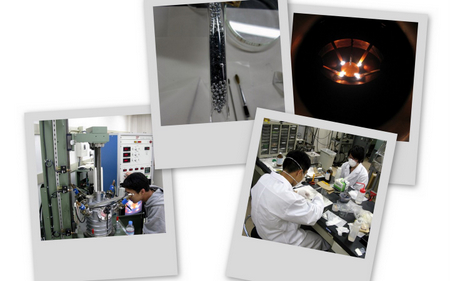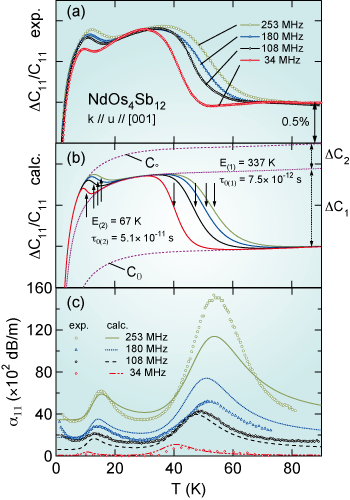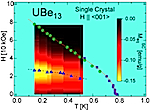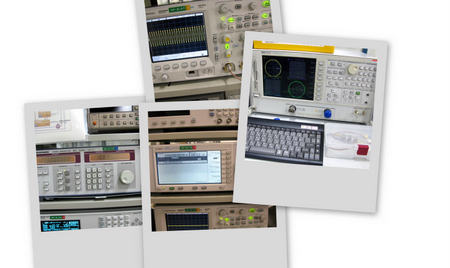
2月に赴任してから着々と準備を進めてきた超音波装置のセットアップもいよいよ佳境にはいっています。
必要な機器と部品を全て揃え、近日中にキャリブレーションを兼ねた実験を行う予定です。
実験系研究室のセットアップには、お金がかかります。。。そのため中古機器や古い資産をうまく活用して、高精度の測定システムを組むべく知恵を絞っています。写真のネットワークアナライザHP8753Eは、10年前のヒューレットパッカード製の名機。当時の販売価格はなんと350万円(>_<)!ですが、秋葉原やWeb上をくまなく探して、価格は5分の1程度にもかかわらず質の良いリセール品を見つけることができました。まだまだ現役で使えます。
Start-up of the ultrasonic apparatus at our lab. is about to be completed, since it was prepared from Feb. when I have been started for my new post here.
Now we are planning to perform preliminary experiment as system calibrations.
Generally, set upping an experimental laboratory has some costs of its own. We try to make a high-accuracy measurement system by utilize old equipments and secondhand equipment, sometimes. The top picture shows famous network analyzer HP8753E, which was selled a decade ago with list price of over $30000! Luckily, we could get a re-sell one with fifth list price due to all the effort for searching on Web and Akihabara. It’s still on active duty☺
